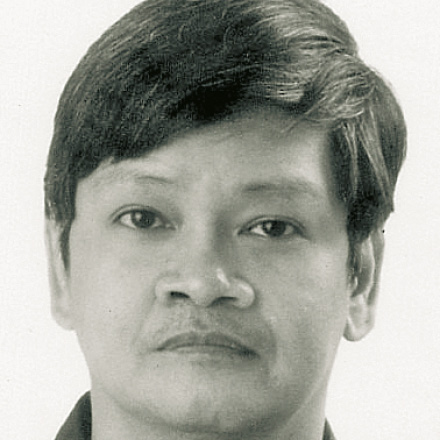Media freedom
Beyond censorship as we know it
“Jiefang” is the term which Chinese bloggers use to refer to a certain kind of government action. In the past, the term stood for the interception of petitioners before they reached the complaints-office. Today it describes the arrest of regime-critical bloggers. They are intercepted so they can no longer voice their opinion on the web.
However Jiefang is only one kind of Chinese censorship. Shi Ming, a journalist who has been living in German exile for more than 20 years, speaks of two levels. On the one hand, information is controlled, and Jiefang plays a role in doing so. On top of this practice, web-pages are scanned for certain keywords. Content that goes against party ideology is removed. This is how the government is making it impossible to discuss issues like the massacre that ended students’ pro-democracy movement on Beijing’s Tiananmen Square in 1989.
Chinese censorship, however, uses another, more subtle approach. Shi says that, in the past three years of four years, the government has been paying people to intervene in online debates. These people stir sentiments and promote topics in a struggle to dominate discourse. The government is spending a lot of money on these efforts, says Shi.
Shi takes this year’s Book Fair in Frankfurt as an example. China was the Fair’s official guest country. In the People’s Republic, it was a hot topic on the web for a while, until all entries suddenly disappeared. “This morning, I did not find a single entry on the topic,” Shi told a press conference held by Reporters without Borders during the Book Fair. Ahead of the event, the Fair’s management had caused uproar by excluding critical writers from China at behest of Beijing, even though these very authors had earlier been asked to participate.
Chinese bloggers have come up with a number of techniques to bypass censorship. “At one point in time, the date of May 35th appeared on the internet,” says Shi. This date seems surreal, but if one counts it through, one reaches the 4th of June – the day of the Tiananmen Square massacre. According to Shi, there are many codes of this sort.
Another technique is called “edge ball”. The term applies to articles, in which authors write about a topic without any apparent relation to China. A single sentence at the end, however, puts everything into context. Chinese authorities have found out how to detect such articles, however, in spite of the lack of censored keywords. They assess the relevance of an entry for the blogging community by counting the number of page hits and putting that in relation to the number of comments on that page.
As the number of internet users rises – not least due to better infrastructure and growing prosperity – the restrictions increase. Reporters without Borders (RSF), an organisation of journalists, estimates that internet-control agencies and other public authorities employ 40,000 staff to monitor information on the web. According to RSF, the Chinese government is also investing in propaganda, striving to improve China’s image abroad.
In China, 30 journalists and 57 bloggers are currently in prison – and some have been there for years. Out of 173 nations, China takes position 167 in the current world ranking for the freedom of press. In Xinjiang Province, the internet has been totally barred since riots in July.
RSF argues that China’s civil society needs help, but not in the sense of democracy lessons. “If you are truly interested in the democratisation of China – participate in China’s domestic debates,” is Shi’s appeal to the West. It matters very much to link the Chinese internet-community to the outside world. Shi is, of course, aware of language being a serious obstacle.
The current trend, however, is in exactly the opposite direction of what RSF deems necessary. Instead of actively intervening, Western media are giving in. Google, for instance, filters search results according to the censorship criteria of the Communist Party in China. Even Britain’s BBC or the Voice of America are reducing their Chinese programmes, says Shi. The head of the Beijing office of ZDF, a public TV channel in Germany, agrees that the West is caving in to government pressure in China. (cir)








